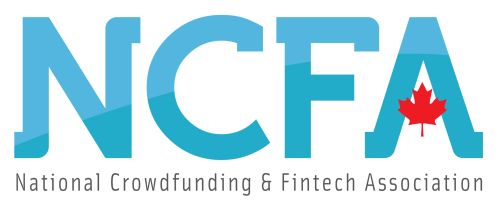Human Rights and Artificial Intelligence Governance
Chatham House | Kate Jones | Jan 10, 2023

Image: Unsplash/Markus Spiske
Governments and companies are already deploying AI to assist in making decisions that can have major consequences for the lives of individual citizens and societies.
- AI offers far-reaching benefits for human development but also presents risks. AI, its systems and its processes have the potential to alter the human experience fundamentally. But many sets of AI governance principles produced by companies, governments, civil society and international organizations do not mention human rights at all. This is an error that requires urgent correction.
- These include, among others, further division between the privileged and the unprivileged;
- erosion of individual freedoms through surveillance;
- and the replacement of independent thought and judgement with automated control.
See: Why You Should Review Your Data Governance and Privacy Risks in Canada
- Human rights are central to what it means to be human. They were drafted and agreed, with worldwide popular support, to define freedoms and entitlements that would allow every human being to live a life of liberty and dignity.
- Various myths about human rights have also contributed to their being overlooked: human rights are wrongly perceived as adding little to ethics; as preventing innovation; as being overly complex, vague, old-fashioned or radical; or as only concerning governments.
- As AI begins to reshape the human experience, human rights must be central to its governance. There is nothing to fear, and much to gain, from taking human rights as the baseline for AI governance.
- Failure to take account of human rights means setting aside well-established, widely acknowledged parameters of liberty, fairness and equality, as well as processes and accountability for their implementation.
See: The White House Unveils a New AI Bill of Rights Outlining Five Protections
- If human rights are to be placed at the centre of AI governance, the following practical actions are necessary for companies:
- Continue to promote AI ethics and responsible business agendas, while acknowledging the important complementary role of existing human rights frameworks;
- Champion a holistic commitment to all human rights standards from the top of the organization. Enable a change of corporate mindset, such that human rights are seen as a useful tool in the box rather than as a constraint on innovation;
- Recruit people with human rights expertise to join AI ethics teams to encourage multi-disciplinary thinking and spread awareness of human rights organization-wide. Use human rights as the common language and framework for multi-disciplinary teams addressing aspects of AI governance;
- Conduct human rights due diligence and adopt a human rights-based approach to AI ethics and impact assessment. Create decision-making structures that allow human rights risks to be monitored, flagged and acted upon on an ongoing basis;
- Ensure uses of AI are explainable and transparent, so that people affected can find out how an AI or AI-assisted decision was, or will be, made; and
- Establish a mechanism for individuals to seek remedy if they are dissatisfied with the outcome of a decision made or informed by AI.
Continue to the full article –> here
Download the 58 page PDF Report –> here
 The National Crowdfunding & Fintech Association (NCFA Canada) is a financial innovation ecosystem that provides education, market intelligence, industry stewardship, networking and funding opportunities and services to thousands of community members and works closely with industry, government, partners and affiliates to create a vibrant and innovative fintech and funding industry in Canada. Decentralized and distributed, NCFA is engaged with global stakeholders and helps incubate projects and investment in fintech, alternative finance, crowdfunding, peer-to-peer finance, payments, digital assets and tokens, blockchain, cryptocurrency, regtech, and insurtech sectors. Join Canada’s Fintech & Funding Community today FREE! Or become a contributing member and get perks. For more information, please visit: www.ncfacanada.org
The National Crowdfunding & Fintech Association (NCFA Canada) is a financial innovation ecosystem that provides education, market intelligence, industry stewardship, networking and funding opportunities and services to thousands of community members and works closely with industry, government, partners and affiliates to create a vibrant and innovative fintech and funding industry in Canada. Decentralized and distributed, NCFA is engaged with global stakeholders and helps incubate projects and investment in fintech, alternative finance, crowdfunding, peer-to-peer finance, payments, digital assets and tokens, blockchain, cryptocurrency, regtech, and insurtech sectors. Join Canada’s Fintech & Funding Community today FREE! Or become a contributing member and get perks. For more information, please visit: www.ncfacanada.org
Related Posts
- SEO Powered Content & PR Distribution. Get Amplified Today.
- Platoblockchain. Web3 Metaverse Intelligence. Knowledge Amplified. Access Here.
- Source: https://ncfacanada.org/human-rights-and-artificial-intelligence-governance/



